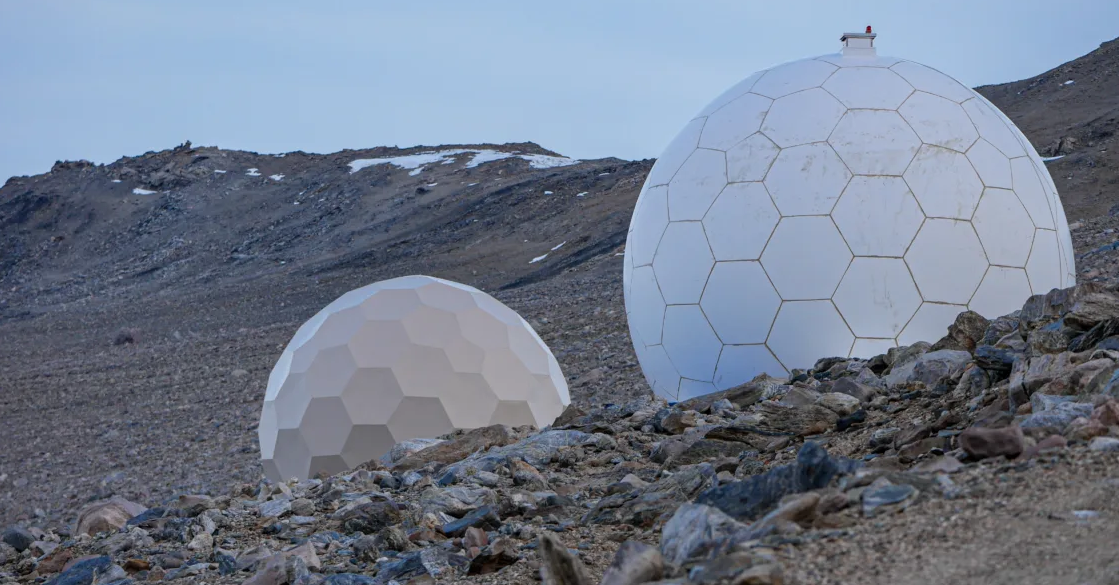European Space Programme
The Programme is a collaborative effort aimed at promoting space activities in areas, such as Space Research, and Innovation Earth Observation, Satellite Navigation, Connectivity, For researchers, this program provides opportunities to engage with innovative projects and advanced technologies.

Hovedinnhold
The European Space Programme (2021–2027) is a key EU initiative aimed at strengthening Europe's autonomy and leadership in space technology. With a budget of €14.8 billion, the programme supports critical space-related activities such as Earth observation, satellite navigation, secure communications, and space research. Norway, through its participation in the European Economic Area (EEA), has full access to the programme, creating opportunities for universities, research institutions, and industry partners to engage in cutting-edge space research and innovation.
Key Components of the European Space Programme
- Copernicus: The EU’s Earth observation programme provides real-time satellite data for environmental monitoring, climate change research, disaster management, and security applications. Researchers can leverage Copernicus’ open data for projects related to oceanography, meteorology, and Arctic studies.
- Galileo: The global satellite navigation system (GNSS) offers highly accurate positioning services, crucial for research in geophysics, autonomous transport, and Earth sciences. Galileo’s precision is particularly relevant for Arctic navigation, a focus area for Norwegian institutions.
- EGNOS: The European Geostationary Navigation Overlay Service enhances GPS signals, ensuring greater accuracy for aviation, maritime, and land-based applications. This is particularly useful for precision agriculture, geospatial research, and transportation studies.
- IRIS²: The EU’s secure satellite communication network, designed for both public and private users, enhances connectivity and cybersecurity, offering potential for data security and digital infrastructure research.
Norway’s Participation and National Relevance
Despite not being an EU member, Norway plays an active role in the European Space Programme, benefiting from its satellite services and participating in research and development projects. The Norwegian space sector contributes to Galileo’s ground stations, Arctic-focused research, and satellite-based monitoring of the marine and polar environment. Infrastructure in Svalbard, Tromsø, and Antarctica provides key data for climate and geophysical studies.
The Norwegian Space Agency (Norsk Romsenter) coordinates national involvement in the programme and supports universities, research institutions, and industry partners in accessing funding and collaboration opportunities.
Opportunities for Researchers at the University of Bergen (UiB)
UiB researchers, particularly those in the fields of Earth sciences, climate research, geophysics, and digital technology, can actively engage with the European Space Programme in several ways:
- Copernicus Data for Climate and Ocean Research: Researchers can use satellite imagery and environmental monitoring tools for projects on climate change, ocean circulation, and polar ecosystems.
- Galileo for Arctic Navigation and Geodesy: The programme’s high-precision positioning services can be applied to geophysics, seismic activity monitoring, and maritime navigation in Arctic regions.
- Secure Communications and Cybersecurity: The IRIS² satellite network offers research opportunities in cybersecurity, secure data transmission, and satellite-based connectivity.
How to Get Involved
Researchers at UiB can participate in the European Space Programme through:
- Horizon Europe Calls: Funding is available for space-related projects under the EU’s research and innovation framework.
- Collaboration with ESA and Norwegian Space Agency: Norwegian institutions can partner with the European Space Agency (ESA) and apply for national co-funding.
- Digital Innovation and Space Technologies: UiB can explore interdisciplinary research projects combining AI, big data, and Earth observation technologies.
